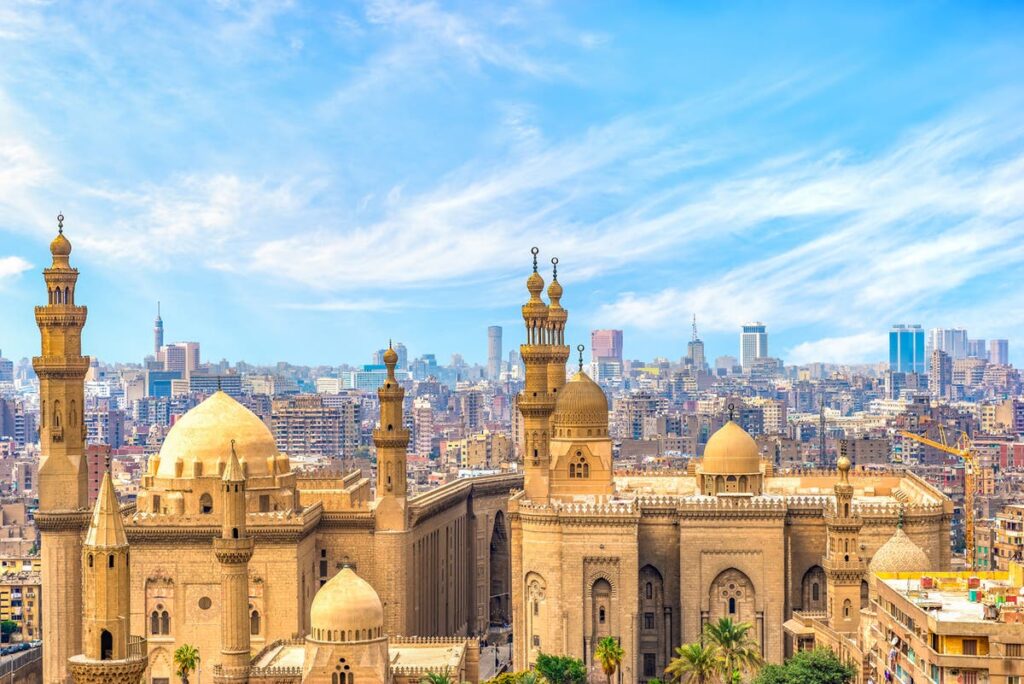
‘Tropical nights,’ where temperatures don’t dip below 20 degrees Celsius (68 F) – have become increasingly common in Europe because of climate change, according to an EU report released on Tuesday.
Tourism destinations including Italy, Croatia, Greece, Spain and Turkey experienced a record 23 ‘tropical nights’ in 2024, according to the data from EU’s Copernicus Climate Change Service.
That’s nearly three times the long-term average of just eight nights and well above the previous record of 16 in 2012.
“The tropical nights in Dubrovnik hardly dipped below 27 last summer for a long period. Some nights were 30 degrees. It was awful,” said Ivan Vukovic, owner of Vuko Tours in the city.
He said he had to shift tours earlier in the morning to avoid dangerous heat.
“When it’s that hot, I do early bird tours, before 8 in the morning. It’s hard in the evening as the stone streets heat up and do not cool off, so our Dubrovnik old town is like a microwave until the next morning.”
The heat is part of a broader warming trend. The EU’s Copernicus confirmed 2024 was Europe’s hottest year on record.
“Europe is the fastest-warming continent and is experiencing serious impacts from extreme weather and climate change,” said Celeste Saulo, Secretary-General of the World Meteorological Organization, in a statement sent to Skift. “Adaptation is a must.”
Travel Businesses Shift Seasons and to Cooler Destinations
Intrepid Travel said it has seen an increase in heat-related disruptions and is scaling back operations in southern Europe during the hottest months.
“We’ve stopped running our active trips to Spain and Portugal during July and August,” said Zina Bencheikh, Managing Director at Intrepid, referring to cycling, walking and trekking adventures. “We’ve instead added more in the shoulder season.”
In Dubrovnik, the company has also changed the times of tours.
“We now visit the city walls when they open in the morning, or at the last hour before sunset when the sites are less crowded and the temperature is much more pleasant,” Bencheikh said.
Intrepid is also expanding tours in cooler European destinations like Norway, Estonia, Lithuania, and Iceland.
“We’ve recorded a 40% increase in UK travellers booking ‘coolcations’ for summer 2025,” Bencheikh said.
Short-Term Rentals and Hotels Prepare for the Heat
Marcus Rader, CEO of the short-term rental platform Hostaway, warned that destinations already exposed to extreme weather including southern Europe, may become less viable for tourism due to rising costs.
“As the climate crisis intensifies, we’re likely to see a dramatic reordering of global travel patterns,” he said. “Heatwaves, wildfires, and storms are not just seasonal inconveniences; they pose real risks to travelers and communities, and they drive up insurance and infrastructure costs.”
Melia Hotels International, Spain’s largest hotel group, previously told Skift it will roll out an adaptation plan in 2025 to build resilience against extreme weather. It has already implemented protocols for managing climate-related risks like heat.
“These are precisely the physical risks with the greatest impact,” said Juan Ignacio Pardo, Chief Real Estate & Sustainability Officer at Melia. “We adopt a proactive approach that makes us better prepared to face any climatic eventuality.”
The European Travel Commission (ETC), which represents tourism boards across the continent, said it expects traveler preferences to shift further.
“Cooler destinations will become more appealing in peak summer, while warmer places may see more interest in spring and autumn,” Teodora Marinska, COO of the ETC, told Skift.
She added that climate resilience is no longer optional for the industry. “Crisis preparedness has become a key focus for European destinations. In an era where travellers increasingly prioritise sustainability and safety, climate resilience is not optional,” she said.
Skift’s in-depth reporting on climate issues is made possible through the financial support of Intrepid Travel. This backing allows Skift to bring you high-quality journalism on one of the most important topics facing our planet today. Intrepid is not involved in any decisions made by Skift’s editorial team.
Premium IPTV Experience with line4k
Experience the ultimate entertainment with our premium IPTV service. Watch your favorite channels, movies, and sports events in stunning 4K quality. Enjoy seamless streaming with zero buffering and access to over 10,000+ channels worldwide.

















